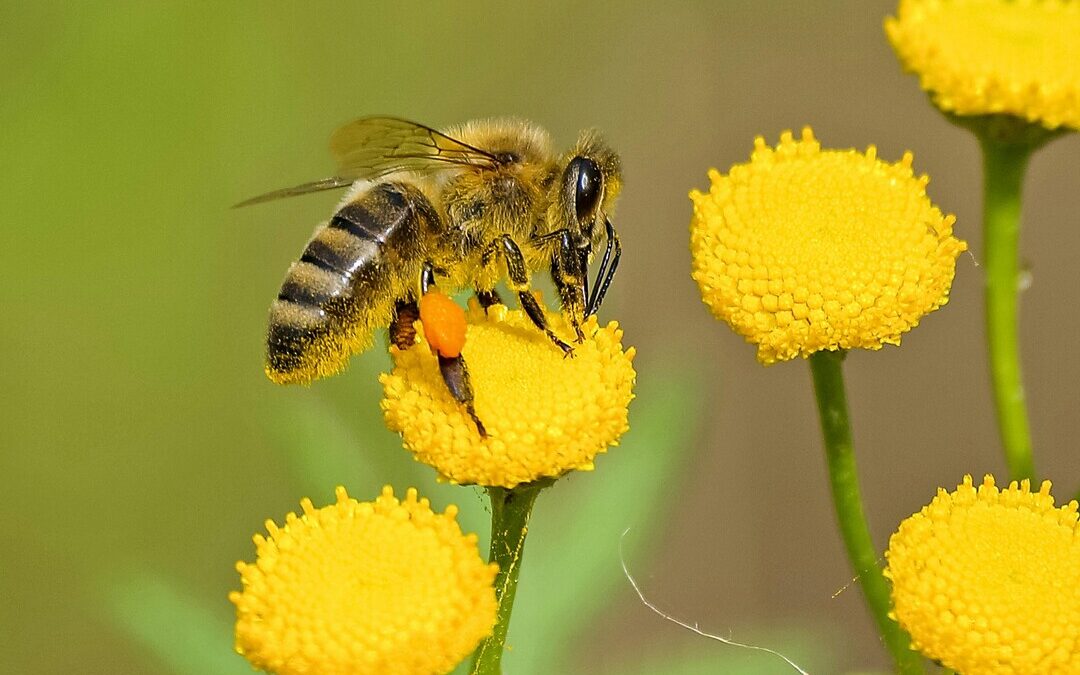UK Tightens Pesticide Rules to Safeguard Bees and Other Pollinators
Britain strengthens pesticide rules to safeguard bees, backing sustainable farming and advancing its 2025 environmental goals.
Britain has introduced stricter rules on pesticide use to safeguard bees and other pollinators, the government said on Thursday, in its latest step toward phasing out harmful neonicotinoids.
The Health and Safety Executive published new guidance requiring anyone seeking emergency authorization for pesticides to assess fully the risks to pollinators in their applications and safeguard bees.
The move strengthens existing rules and supports the government’s commitment to end the use of bee-killing chemicals in England.
Pollination Vital to Food Production
Pollinators play a key role in British farming, contributing an estimated £500 million ($681 million) a year to crop production, according to the Department for Environment, Food & Rural Affairs.
“Nature is the bedrock of our economy, and it is vital that we take action to protect it for the future,” Environment Minister Emma Hardy said in a statement. “That is why we are taking another step towards a complete ban on the use of bee-killing pesticides in England.”
Three neonicotinoid pesticides – clothianidin, imidacloprid and thiamethoxam – remain unauthorized in the UK due to their harmful effects on pollinators. The chemicals can contaminate pollen and nectar, disrupting bees’ ability to forage, navigate and reproduce.
Earlier this year, the government rejected an application for the emergency use of the neonicotinoid pesticide Cruiser SB after four consecutive years of temporary approvals between 2021 and 2024.
Supporting Farmers With Alternatives
Officials said the guidance forms part of wider efforts to help farmers reduce reliance on chemical pesticides. The UK Pesticides National Action Plan 2025 outlines measures to expand integrated pest management techniques and encourage more sustainable practices.
The new rules come ahead of the government’s Environmental Improvement Plan, which is expected to set out broader goals to halt nature loss, restore habitats and cut pollution.
The government highlighted recent environmental measures, including licensing the first wild beaver release in England in 400 years, announcing a new national forest between the Cotswolds and the Mendips, and investing up to £400 million in tree planting and peatland restoration over the next two years.
The updated guidance has been developed in cooperation with all four UK governments and will apply across the country to all emergency pesticide authorizations, not only neonicotinoids.
Also Read:
Microplastics Threaten Bees and Global Food Security, New Study Warns
Nirmal Menon
Related posts

Subscribe
Error: Contact form not found.


